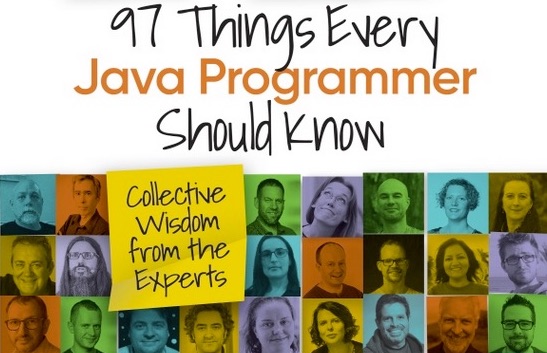I'm about to jet off on my sunny* summer holidays, so it's a good time to leave you with my recommended reading and learning. Are they all my books and content? Yes. But I do have discounts and deals for them, so that's something, right?
Working With Code in IntelliJ IDEA (Online course)
I've just released a Brand New online course on LeanPub, Working With Code in IntelliJ IDEA. If you want to step through the most helpful features for writing code with IntelliJ IDEA, this is the course for you. We have a special introductory price if you click on this link: https://leanpub.com/c/workingwithcodeinintellijidea/c/eBRBFWYIyek8.
If you're already a subscriber (reader or author) of Leanpub, it's available to you for free.
If not, but you already own the IntelliJ IDEA book, I can give you a link to get the course for free, contact me.
Getting to Know IntelliJ IDEA (PDF, eBook & paperback)
If you follow me on Twitter, or literally anywhere else, you'll know that Helen Scott and I released this book on IntelliJ IDEA at the end of last year. We're currently doing a limited-time-only offer where if you buy the book, you get access to our first IntelliJ IDEA course, Working With Code in IntelliJ IDEA, for free. You have to buy it before 6th August to qualify. Do it now!
If you want an e-version (eBook or PDF), I recommend getting it directly from Leanpub. It's also going to be much easier for me to confirm your purchase in order for me to issue you a discount.
If you want the paperback version (and let's be honest, it's nice to have these things physically in your hands at times) it's available on Amazon.
After you've bought the book, contact me and I'll give you a link to get the course for free.
Descubre IntelliJ IDEA
The IntelliJ IDEA book is also available in Spanish. It's feature-complete, we're just working through all the feedback from reviewers. While we're still doing that process, you can get the book at a discounted price on Leanpub. We also welcome feedback from readers.
Head First Java (Third Edition) & 97 Things Every Java Programmer Should Know
Head First Java is, of course, a classic, which is why I jumped at the chance to help update it to its current third edition. This version covers features all the way up to Java 17, so even if you're a Java expert, there will be some new stuff in here for you. I also modernised the concurrency chapter and added so much modern concurrency stuff that we had to split it into two chapters.
97 Things Every Java Programmer Should Know was released in 2020, and with everything else that was going on at the time I didn't really talk as much about this book as I would have done. I'm very proud to have been able to edit this and for this to be the first book that had my name on the front cover. It's got a huge number of tips and wisdom in it, whatever stage you're at in your career, there's something in there for you.
I have a link for a 30-day free trial for O'Reilly Learning. If you sign up with this link, you can read these two books for free: https://learning.oreilly.com/get-learning/?code=HFJAVA21. You just have to finish the books in 30 days!
Modern Software Engineering - David Farley
At last! A book I didn't write! Although... Dave did very kindly ask me to write the foreword, which I was very excited to do because I loved this book so much. I read this book in less than a week when I was on summer vacation back in 2021, and I highly recommend it as summer reading. It covers a whole bunch of topics that qualify as "Software Engineering", but it's not stuffy or academic, and Dave's writing style makes it clear why these things matter. You can buy it on Amazon, or, if you used the 30 day free trial above, you can read it on O'Reilly Learning.
O'Reilly Playlist
Oh OK, I should recommend some other stuff I didn't write. I actually curated an "Expert Playlist" on the O'Reilly platform called Becoming a Better Programmer. So, you can use the 30-day free trial link to check out that playlist.
More Learning
I'm hosting my first online training for Gradle next week. I'll be teaching Gradle Enterprise for Developers. Note that this is not about the Gradle build tool. In fact, Gradle Enterprise works for Gradle and Maven, and also has functionality for Bazel. You can attend virtually to find out more.
I'm also presenting at the Manchester Java User Group and the London Java Community in August, and Madrid Java User Group in September. If you're local to any of those areas, keep an eye on those websites and sign up when my events are published.
And Finally
As you can see from this blog, I have quite a few projects and ideas in progress or brewing. I've been investigating using substack to publish news and updates. There's nothing there right at this second, but if you are interested in receiving news about new or updated books, courses, events, and even blog posts, subscribe here.
Happy summer learning!
* I'm going to England. It's definitely not going to be sunny.



